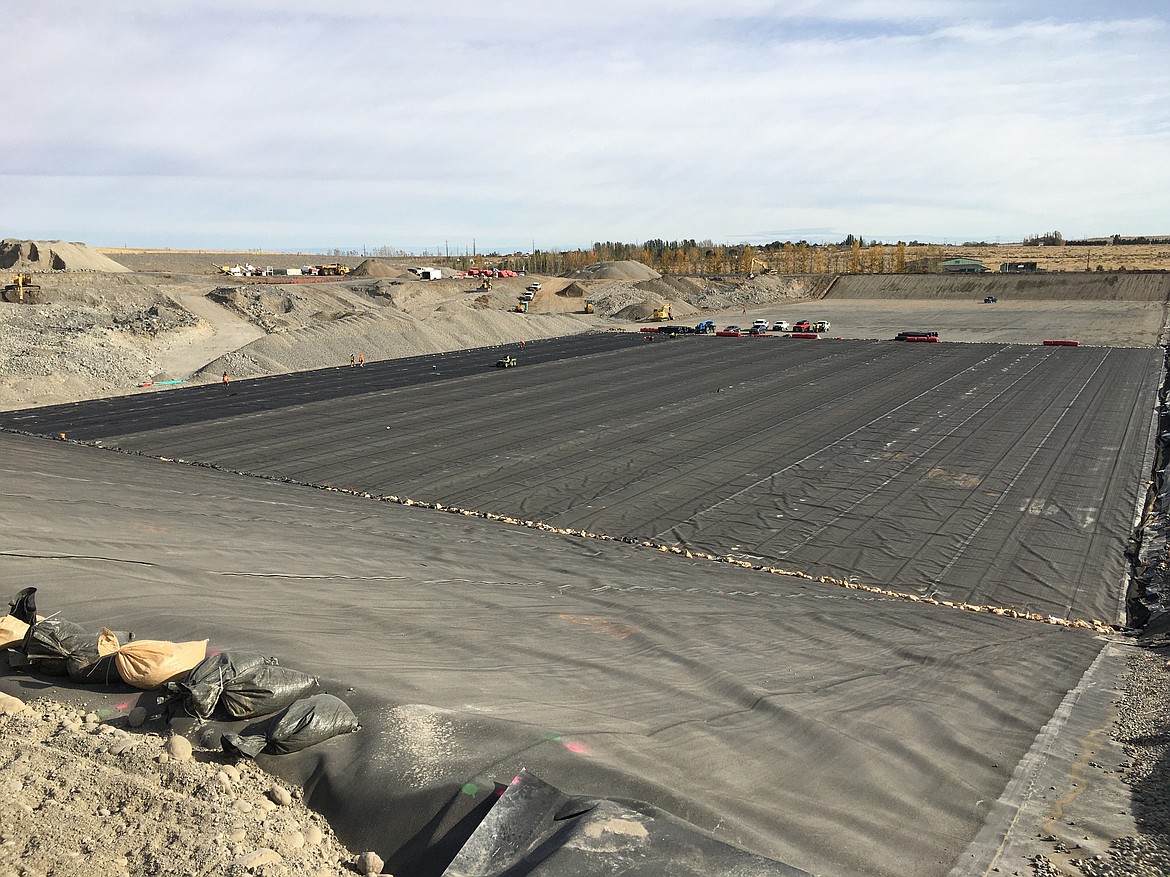Grant County Landfill and Ephrata sewer getting major upgrades this year
The recent Ephrata City Council decision for additional rate increases of disposal and sewage will provide major upgrades in both systems.
Become a Subscriber!
You have read all of your free articles this month. Select a plan below to start your subscription today.
Already a subscriber? Login



